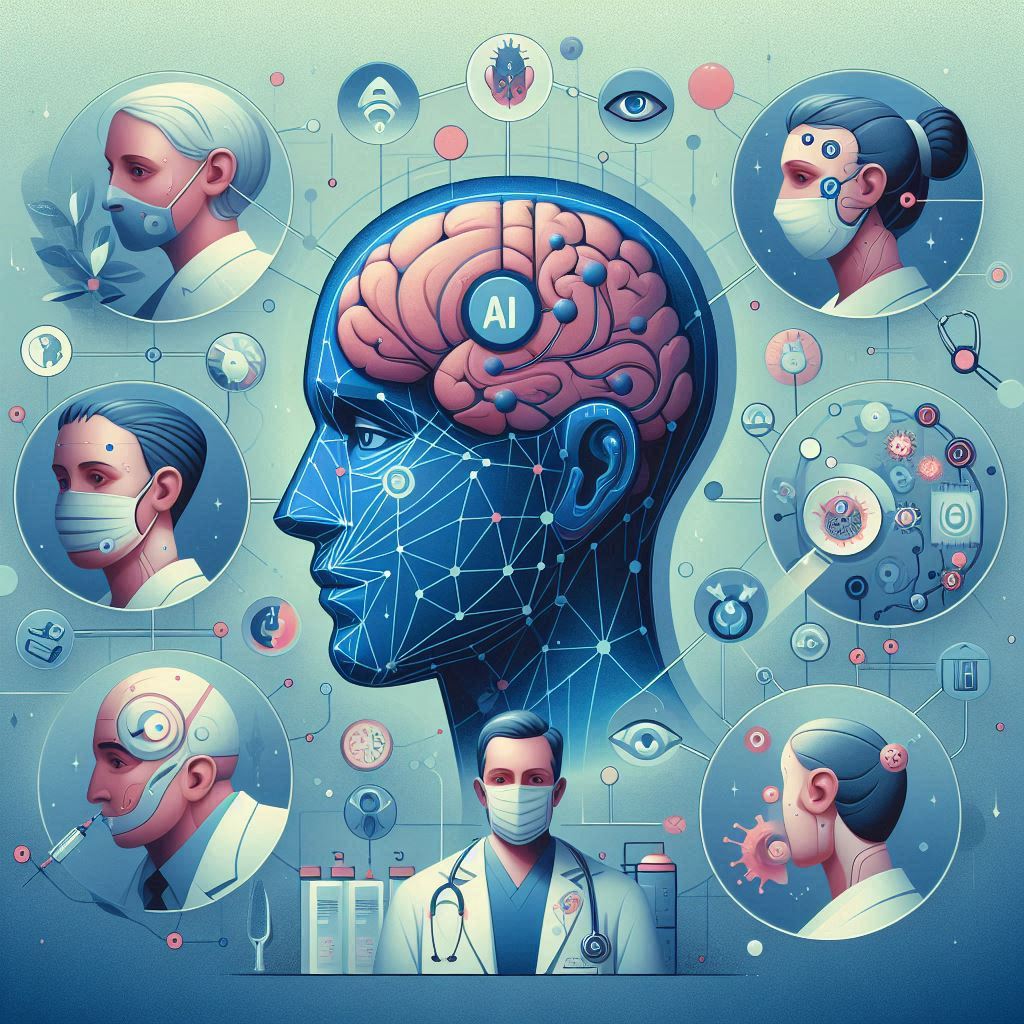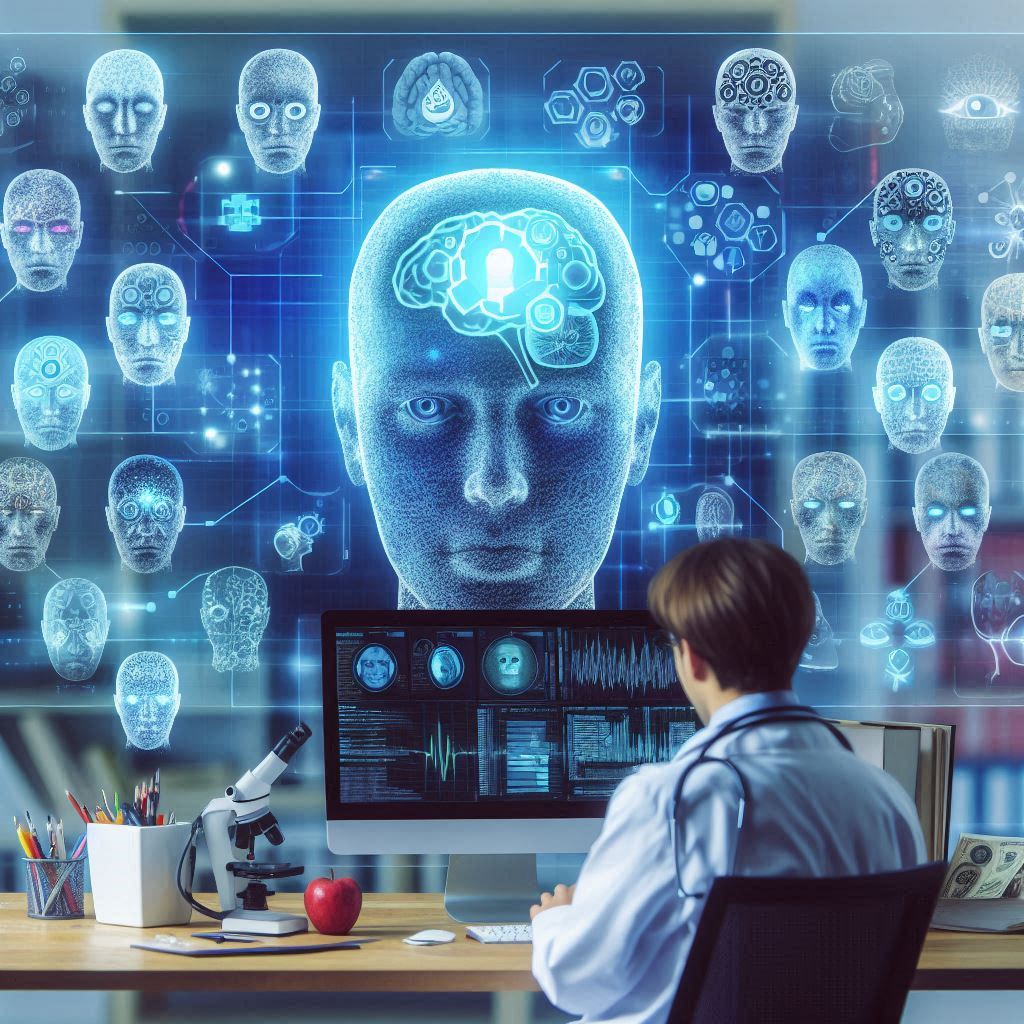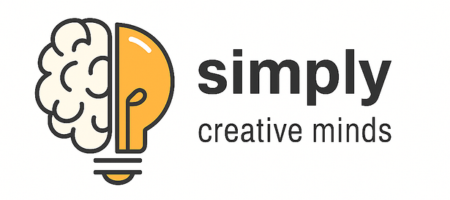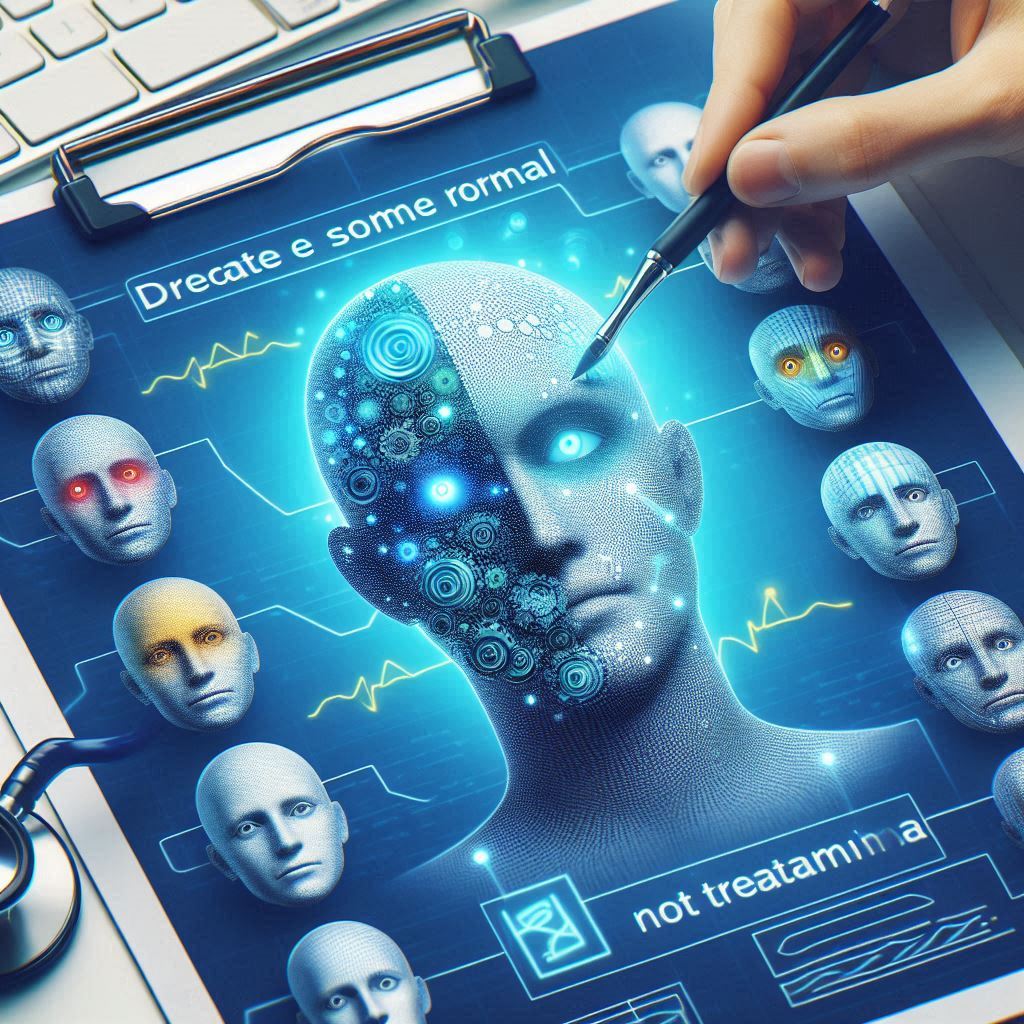Artificial Intelligence (AI) is revolutionizing healthcare, making medical services faster, more accurate, and more personalized. From early diagnosis to treatment plans and patient monitoring, AI-driven technologies are reshaping how care is delivered around the world.

1. AI-Powered Diagnostics
AI algorithms can analyze medical images like X-rays, MRIs, and CT scans with remarkable accuracy. For example, AI tools help detect cancers, fractures, and other abnormalities earlier than traditional methods, enabling timely intervention.
- Example: Google’s DeepMind developed an AI system that can detect over 50 eye diseases from scans with accuracy matching top specialists.
2. Personalized Treatment Plans
By processing large datasets of patient history, genetics, and responses to previous treatments, AI systems recommend personalized therapies that increase the chances of success while minimizing side effects.
- Example: IBM Watson Health assists oncologists by suggesting cancer treatment plans tailored to individual patients’ tumor genetics and medical history.
3. Virtual Health Assistants & Chatbots
AI chatbots provide 24/7 support for symptom checking, medication reminders, and answering health-related questions, reducing the burden on medical staff and improving patient engagement.
- Example: Babylon Health’s AI chatbot helps millions worldwide by offering personalized health assessments and virtual consultations.
4. Remote Patient Monitoring
Wearable devices combined with AI track vital signs continuously, alerting doctors of any irregularities in real-time. This proactive monitoring helps manage chronic diseases and reduces hospital visits.
- Example: AI-powered platforms analyze data from devices like heart rate monitors to predict potential cardiac events before they happen.
5. Drug Discovery and Development
AI accelerates the discovery of new drugs by predicting how molecules will interact with targets in the body, drastically reducing the time and cost compared to traditional methods.
- Example: Companies like Atomwise use AI to screen millions of compounds, identifying promising candidates for diseases like COVID-19.
Challenges & Ethical Considerations
While AI offers incredible benefits, it also raises challenges such as data privacy, algorithm biases, and the need for transparency in AI decision-making. Ensuring ethical use and regulatory oversight is critical for safe adoption.
Final Thoughts
AI’s integration into healthcare promises improved patient outcomes, reduced costs, and more accessible medical care globally. As the technology advances, collaboration between AI experts, clinicians, and policymakers will shape the future of medicine.



